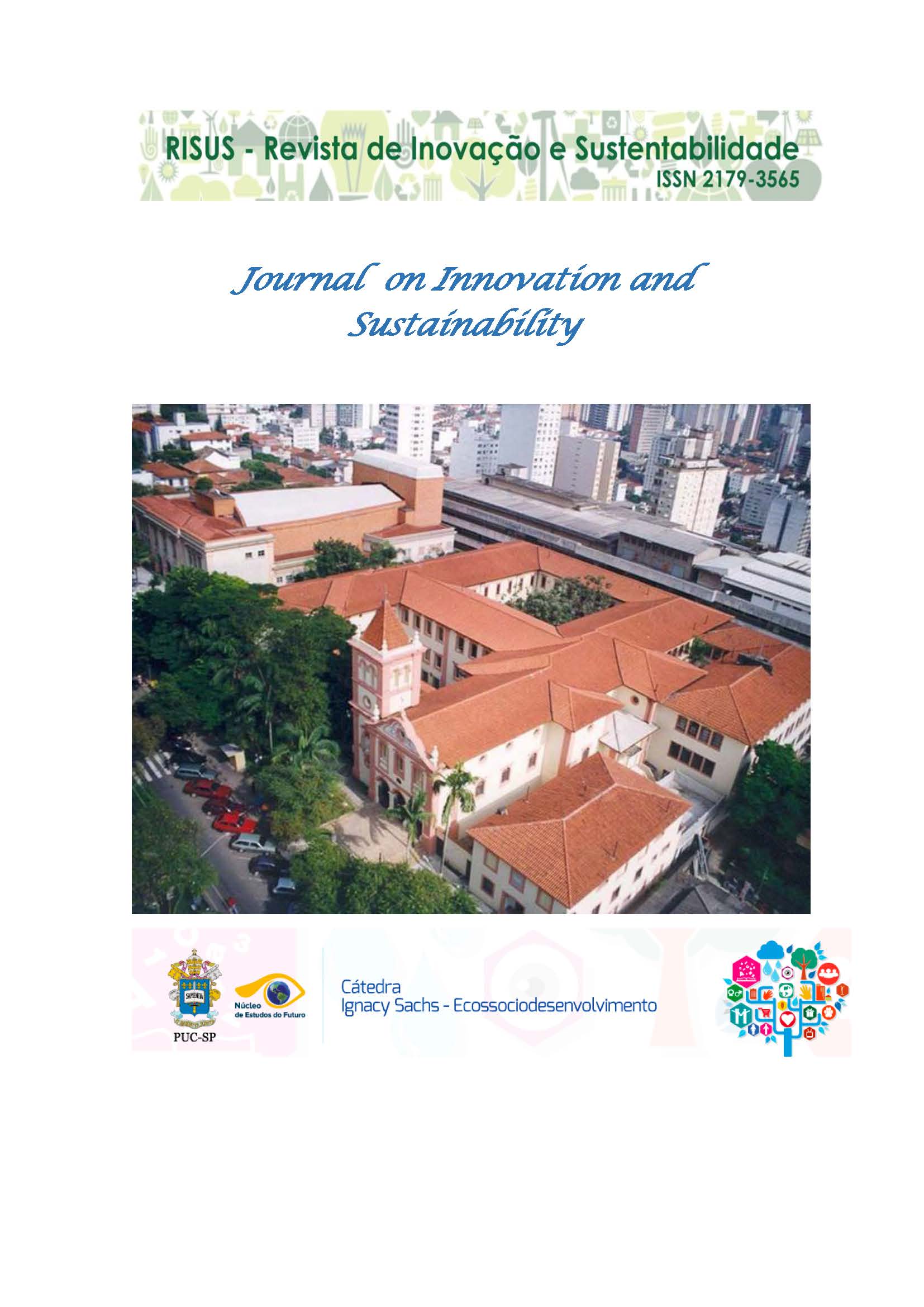Technological tools in teaching and learning in brazilian educational institutions
DOI:
https://doi.org/10.23925/2179-3565.2023v14i2p80-87Keywords:
Technological tools, Teaching and Learning, Brazilian EducationAbstract
This study aims to reflect on the technological tools that help teaching and learning published at the Brazilian Meeting of Graduate Students in Mathematics Education (EBRAPEM) between 2017 and 2019. Based on the inclusion criteria, 130 were found articles published at the Meeting, however, when analyzing the exclusion criteria, 29 studies remained to be analyzed. Among the results, it is informed that GeoGebra is the most present tool in the articles, having a great flexibility of use, as it serves age groups from Basic Education to Higher Education. The selected studies address with concern the social differences that impede access to learning tools in schools in all regions of Brazil and draw the attention of teachers who are already in the profession to the need to update and seek to know these technologies that are inevitable in today's world. Finally, the study reveals different acceptances of learning tools in Brazilian regions, with less evidence of use of the tools in the North and Northeast regions of Brazil.
References
Araújo, I. K.; Brito, M. L. A.; Jesus, A. C. S. Times of crisis in the administration public: perception of managers of the municipality of Cruzeta/RN, Humanidades & Inovação, vol. 7, no. 2, pp. 290-299, 2020.
Barbosa, M. V.; Fernandes, N. A. M. Políticas Públicas para Formação de Professores – Brasil, v. 30, n. 98, p. 1-231, jan./abr. 2017. Disponível em: http://www.emaberto.inep.gov.br/ojs3/ Acesso em: 27 jul. 2022.
Ferreira D. O.; Brito, M. L. A. “Quality of care in the clothing trade: A study in the city of Currais Novos-RN,” Research, Society and Development, vol. 9, no. 2, pp. e93922093, jan. 2020, doi: http://dx.doi.org/10.33448/rsd-v9i2.2093.
Freire, T. B. P. Ensino de Matemática: as Unidades de Ensino Potencialmente Significativas e o Planejamento do Ensino com Vistas na Aprendizagem – XX EBRAPEM – Curitiba, PR – 12 1 14 nov., 2017. Disponível em: http://www.ebrapem2016.ufpr.br/wp-content/uploads/2017/04/gd4_talita_freire.pdf. Acesso em 30 jul. 2022.
King, K. P. “Professional learning in unlikely spaces: social media and virtual communities as professional development,” International Journal of Emerging Technologies in Learning (iJET), vol. 6, no. 4, pp. 40-46, 2011, DOI: http://dx.doi.org/10.3991/ijet.v6i4.1765.
Raminelli, U. J. et al. Aplicativo Para Smartphones Utilizando a Plataforma App Inventor 2: Avaliando o Grau de Satisfação dos Alunos por Meio de um Instrumento de Análise utilizando a Escala Likert.
Disponível em: https://ojs.ead.unesp.br/index.php/nead/article/view/artigo5_infor_n3v1_2017. Acesso em: 29 jul. 2022
Ribeiro, F. M; Paz, M. G. O Ensino da Matemática Por Meio De Novas Tecnologias. Revista Modelos – FACOS/CNEC Osório Ano 2 – Vol. 2 – Nº 2 – AGO/201– ISSN 2237-7077. Disponível em: http://facos.edu.br/publicacoes/revistas/modelos/agosto_2013/pdf/o_ensino_da_matematica_por_meio_de_novas_tecnologias.pdf. Acesso em: 29 jul. 2022.
Rodrigues, R. U. Sala De Aula Invertida E Geometria: Uma Proposta Para A Formação Do Professor Do Ensino Fundamental I - Encontro Brasileiro de Estudantes de Pós-Graduação. Os Anais do XXII EBRAPEM-UFMG. 3 nov. 2018. Disponível em: https://www.researchgate.net/publication/318838051_Sala_de_Aula_Invertida_Metodologias_Ativas_para_Potencializar_o_Ensino_e_Aprendizagem_de_Conteudos. Acesso em 29 jul, 2022.
Silva, F. B.; Brito, M. L. A. “Professional internships and the skills of the administrator: a study with graduates and graduates of a federal Higher Education Institution.” Research, Society and Development, vol. 9, no. 2, pp. e11092925, mar. 2020, doi: http://dx.doi.org/10.33448/rsd-v9i2.925
Tardif, M. Saberes Docentes e Formação Profissional. Petrópolis, RJ. Ed. Vozes, 2002. Disponível em:https://edisciplinas.usp.br/pluginfile.php/2724102/mod_resource/content/1/Saberes%20docentes%20e%20forma%C3%A7%C3%A3o%20profissional.pdf Acesso em: 28 jul. 2022.

Downloads
Published
Issue
Section
License
This Journal is licensed under a Creative Commons Attribution-Non Commercial-No Derivers 4.0 International license.
1.The author (s) authorize the publication of the article in the journal;
2.The author (s) warrant that the contribution is original and unpublished and is not in the process of being evaluated in other journal (s);
3. The journal is not responsible for the opinions, ideas and concepts emitted in the texts, as they are the sole responsibility of its author (s);
4. The editors are entitled to make textual adjustments and to adapt the articles to the standards of publication.

